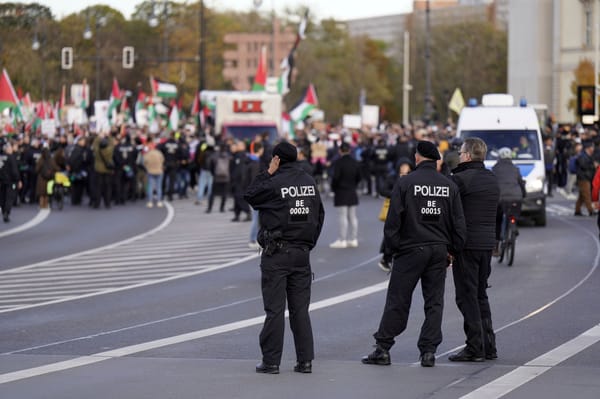Amid the escalating war in the Middle East, a recent news item from Europe has garnered less attention than it deserves. Denmark, long considered to be the Nordic country most willing to confront the problems of multiculturalism head-on, is moving ahead with a controversial policy that aims to end the concentration of immigrants in suburbs where they remain at a remove from the culture of the host nation. The latest Danish solution involves intervening in the housing market to break up such ethnic enclaves. By redeveloping some housing and refusing to grant various subsidies to immigrant families who live in places already dominated by immigrants, the Danish state seeks to curtail the tendency to default into multigenerational “immigranthood,” to loosely translate a Swedish term for the problem.
During the Swedish migration crisis that spanned 2015 to 2018, similar ideas were floated, albeit usually by local political figures who only had their hands on municipal levers. Whether the Danish plan will be successful is an open question. Regardless, the fact that it is being implemented is more proof that positions on immigration that were confined to the fringes of public discourse have gone mainstream across Europe.
Unfortunately, the fallout of the crisis in Gaza threatens to derail what might be an important debate about how to integrate or assimilate non-European immigrants. Specifically, the discussion around what constitutes “European values” has taken a dangerous turn as pro-Palestinian protests have broken out across the Continent.
“The point of assimilation shouldn’t be to constrain allowable opinion on every issue.”
